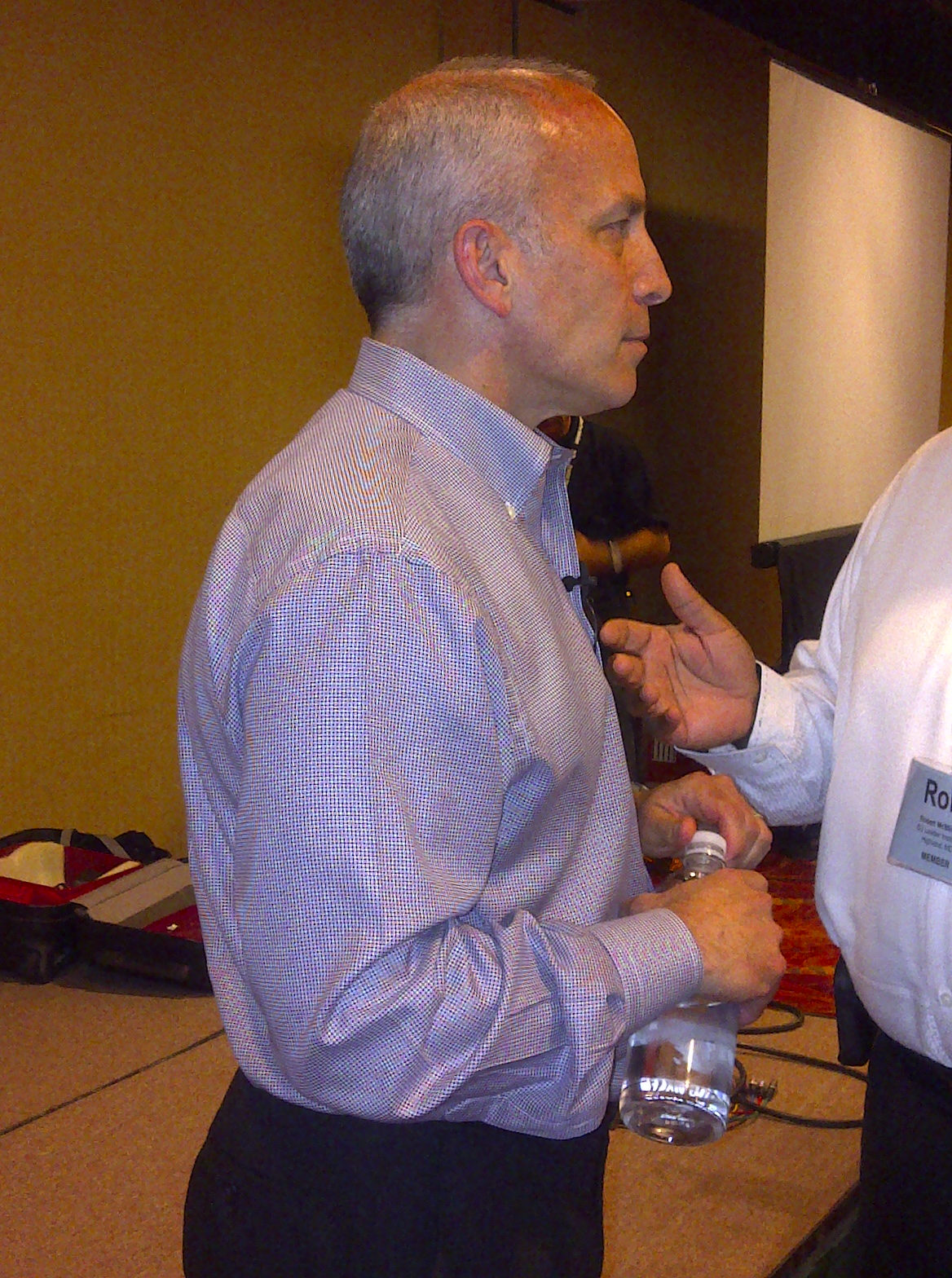If you’re a professional speaker and wondered what it would be like to speak internationally, take heed from A-Speakers Bureau. The leaders of the speaker’s bureau gave a presentation in New York City to a group of professional members from National Speakers Association New York City Chapter. Soren, the presenter, warned us that there are two concerns European companies have regarding working with Americans: contracts and travel.
We were advised to keep our speaker contracts short and no longer than four pages. In some countries, professional speakers are hired through email and a verbal agreement. U.S. speakers need to explain all the legalese and special clauses because it scares off European companies from hiring them. In countries like Denmark, there are no contracts for fees under $10,000.
While speaking in Europe sounds glamorous, the reality is the fees are lower. The highest speaking fees are paid in the U.S. The U.S. also has a large association market which is not the case in Europe where the public sector (hospitals, schools, ministries) account for 70% of the bookings. In Denmark, 88% of bookings are for the public sector. France has a low demand for speakers. Germany values educational titles and credentials. Professors and PhDs should fare well.
The average speaker fee in Denmark is $2000-$2500. In Norway or Sweden, speakers would profit a little better at $3000-$3500 per keynote speech. In the UK, be aware that there’s a tradition of free speakers. They meet and speak in clubs. In Germany it’s possible to command fees of $5000-$15,000. In the UK, decisions are made from the top down. The CEO approves everything. Denmark has a flat structure which streamlines the process. In the U.S. it may take 22 days to select a speaker. The same decision can take only four days in Denmark.
Europeans are also concerned about travel costs and are afraid they’ll be billed for first class travel. It was recommended that speakers quote one flat fee that includes the speaking fee and travel cost. Go online and estimate the travel expenses and use a currency converter.
When it comes to content, American keynote speakers planning to speak in Europe must guard against their own assumptions. Soren shared a growing trend in Northwest Europe that is the antithesis of the U.S. positive self- improvement movement. A popular psychology professor tells audiences it’s okay to say no to self-development and to want to be rooted in tradition. This trend started around 2008 during the financial crisis.
Overall, there is a demand for U.S. speakers. Europeans want inspiration but don’t worry if you’re not rocking the room. Europeans are not as responsive as U.S. audiences. And they don’t get excited by “free stuff’. In the past, the most desirable speakers were heavy on entertainment with less focus on information. Today the trend is shifting. While entertainment and inspiration are important there’s an increasing demand for stronger content. The most successful keynoters will create a change in the audience that they can go home and implement.
Speaking in Europe can be an exciting adventure to learn about other cultures and spread your message to an International audience. Do your homework and adjust your expectations and you’ll expand your speaking business beyond borders.


 The dream of most
The dream of most